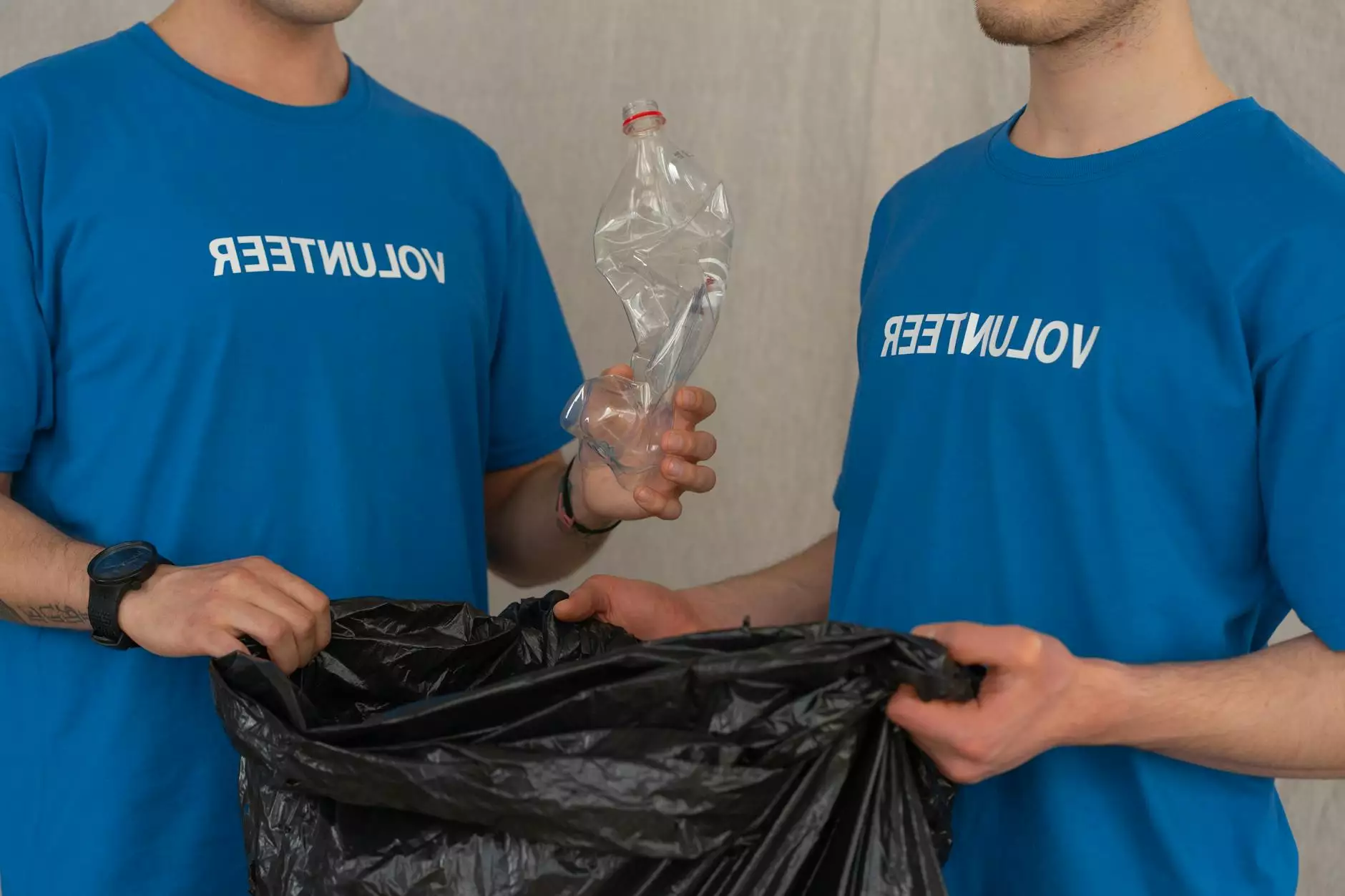Cylinder Liner Manufacturers: A Comprehensive Guide to Quality and Performance

The cylinder liner manufacturers industry plays a pivotal role in the functionality and longevity of diesel engines. Cylinder liners, also known as cylinder sleeves, are crucial components that significantly impact engine performance by maintaining proper cylinder geometry and facilitating a perfect seal. In this extensive article, we will delve into the intricacies of cylinder liners, explore the manufacturing processes, discuss the selection of suppliers, and highlight key considerations when choosing the right cylinder liner for your diesel engine.
Understanding Cylinder Liners: The Backbone of Diesel Engines
Cylinder liners serve multiple critical functions in diesel engines:
- Protection: Cylinder liners protect the inner surfaces of the engine block from wear and thermal stress.
- Precision: They help maintain the precise dimensions of the cylinder bore, enhancing performance and efficiency.
- Heat Dissipation: Cylinder liners assist in dissipating heat away from the combustion chamber, which is essential for maintaining optimal operating temperatures.
- Improved Sealing: A well-fitted liner supports better sealing, which can lead to improved fuel efficiency and reduced emissions.
The Manufacturing Process of Cylinder Liners
The quality and durability of a cylinder liner are heavily influenced by its manufacturing process. Here are the key steps involved:
1. Material Selection
Cylinder liners are typically made from cast iron or alloy steel, chosen for their excellent wear resistance and thermal conductivity. The choice of material can significantly affect the performance and lifespan of the liner.
2. Casting
The lining process often begins with casting the raw material. The casting method can vary, but the most common methods include:
- Sand Casting: This involves creating a mold from sand, which is then filled with molten metal to form the liner.
- Lost Foam Casting: A foam pattern is used to create a mold, allowing for precise dimensions and smooth finishes.
3. Machining
Once cast, the cylinder liners undergo machining to achieve the required dimensions and surface finishes. This stage includes:
- Turning: A lathe is used to shape the liner to precise diameters.
- Boring: Boring tools create the cylindrical shape with a high degree of accuracy.
- Grinding: This step ensures a smooth surface finish, which is critical for effective sealing and reduced wear.
4. Heat Treatment
To enhance mechanical properties and ensure durability, cylinder liners undergo heat treatment processes such as hardening and tempering. This step significantly increases the wear resistance and fatigue strength of the liner.
5. Quality Control
Manufacturers implement strict quality control measures throughout the production process. This includes dimensional checks, hardness testing, and surface finish evaluations. Quality assurance ensures that the final product meets industry standards and customer expectations.
Why Quality Matters: Choosing the Right Cylinder Liner Manufacturing Partner
For businesses in need of cylinder liners, selecting the right manufacturer is crucial. Here are some reasons why quality matters:
- Performance: High-quality cylinder liners directly influence the performance and efficiency of diesel engines.
- Longevity: Durable liners reduce the frequency of repairs and replacements, leading to lower overall maintenance costs.
- Reliability: Reliable cylinder liners increase engine uptime and operational efficiency, which is vital for businesses relying on heavy machinery.
Key Criteria for Choosing Cylinder Liner Manufacturers
When searching for {cylinder liner manufacturers}, consider the following key criteria:
1. Industry Experience
Look for manufacturers with a proven track record in the industry. Established manufacturers will possess the expertise and resources necessary to produce high-quality cylinder liners.
2. Production Capabilities
Evaluate the manufacturer’s production capabilities, including their machinery and technology. Advanced equipment leads to better precision and product quality.
3. Certifications and Standards
Ensure that the manufacturer complies with relevant industry standards and possesses the necessary certifications, such as ISO 9001, which ensures a quality management system is in place.
4. Customer Reviews and Testimonials
Research customer reviews and testimonials to gauge the manufacturer's reputation. Positive feedback from previous clients can provide insights into the quality of their products and services.
5. After-Sales Support
Consider manufacturers that offer robust after-sales support, including warranty coverage and assistance with installation and maintenance to ensure you receive comprehensive service.
The Role of Cylinder Liners in Sustainability
As industries focus on sustainability, cylinder liners play a significant role. By enhancing engine efficiency and reducing emissions, high-quality cylinder liners contribute to more environmentally friendly operations. Manufacturers are increasingly adopting sustainable practices in their production processes, which can include:
- Material Recycling: Using recycled materials to manufacture cylinder liners reduces the overall environmental impact.
- Energy Efficiency: Employing energy-efficient technologies during the manufacturing process minimizes carbon footprints.
Innovations in Cylinder Liner Technology
The cylinder liner manufacturing industry continually evolves, with innovations aimed at improving performance, reducing weight, and enhancing durability. Some notable advancements include:
1. Coatings and Treatments
Utilizing advanced coatings and treatments can significantly enhance the wear resistance and thermal management of cylinder liners. Manufacturers are exploring friction-reducing coatings that improve efficiency and longevity.
2. Composite Materials
Research into composite materials for cylinder liners offers the potential for lighter and stronger components that can withstand extreme conditions.
3. Smart Manufacturing
The rise of smart manufacturing technologies, including IoT (Internet of Things) and AI (Artificial Intelligence), is optimizing production processes and quality control, making it easier for manufacturers to produce superior cylinder liners.
Conclusion: Making the Right Choice in Cylinder Liner Manufacturers
Choosing the right cylinder liner manufacturers is a crucial decision that can significantly impact the performance and durability of diesel engines. Understanding the manufacturing processes, prioritizing quality, and selecting trustworthy suppliers will ensure that your engine operates at its best.
As the diesel parts sector continues to advance and leads the charge towards more sustainable practices, working with knowledgeable manufacturers like client-diesel.com can provide the expertise and support needed for long-term success. By investing in quality cylinder liners, businesses not only enhance their operations but also contribute to a more sustainable future.









